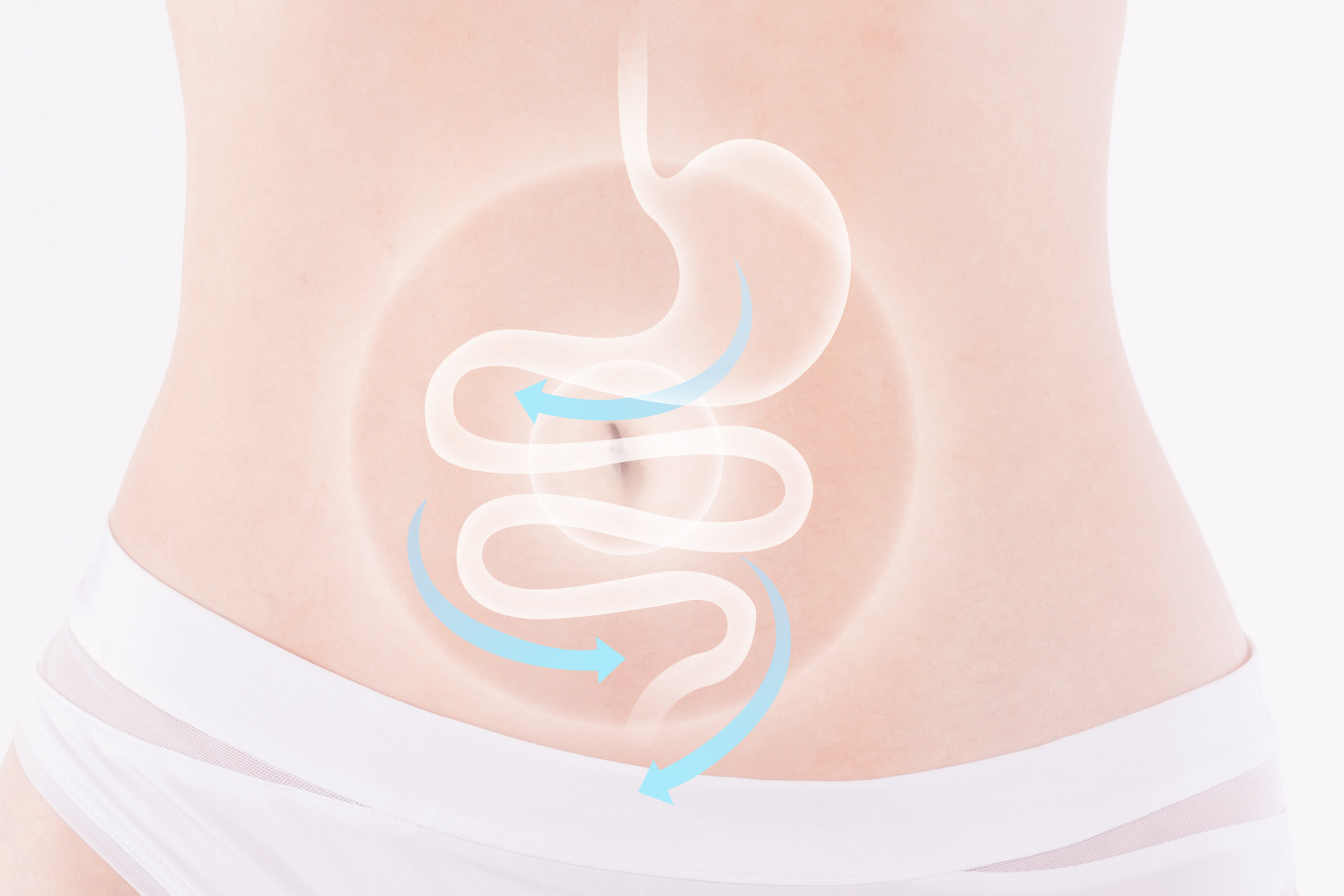Improvement in living standards has led to many people facing the need to lose weight. Excessive obesity not only affects one's figure but also has an impact on physical health. Losing weight has become an urgent issue for some individuals. So, how to lose weight? Today, I will provide some suggestions for obese patients. Let's take a look at my specific introduction below.
Traditional Chinese Medicine (TCM) provides easy ways to get rid of obesity
TCM believes that obesity is often caused by underlying deficiencies and manifesting excess conditions. The deficiencies primarily involve Qi deficiency, which can be accompanied by imbalances in Yin and Yang. The condition can affect the spleen, kidneys, liver, gallbladder, heart, and lungs. Clinically, the main focus is on spleen and kidney Qi deficiency, although liver and gallbladder dysfunction can also be observed. The excess conditions primarily involve the accumulation of adipose tissue and phlegm turbidity, often accompanied by dampness, but not necessarily accompanied by blood stasis or Qi stagnation. There can be emphasis and complexities between the manifestations and underlying conditions. In clinical practice, the key is to grasp the main points, analyze the patterns, carefully select appropriate medications, and achieve satisfactory therapeutic effects.
1. Strengthening the Stomach and Eliminating Fat
Excessive body fat is often caused by excessive consumption of sweet and fatty foods, which leads to the accumulation of oil and grease in the stomach. This can result in abdominal distension, acid reflux, foul taste in the mouth, and a greasy tongue coating. Early use of slimming medications such as hawthorn, barley malt, and radish seeds can help strengthen the stomach and aid digestion. These medications have long been recorded in traditional herbal books for their ability to eliminate fat deposits. Traditional formulas such as Jiao San Xian and Bao He Wan are commonly used, especially in pediatric TCM. Market-available hawthorn fruits, hawthorn cakes, and hawthorn pastries are delicious and easy to carry, making them convenient for consumption. Fresh radishes can be eaten raw or cooked, and they have a refreshing taste. They can be considered a simple food therapy for reducing fat and cholesterol.
2. Promoting Blood Circulation and Dissolving Blood Stasis
Excessive body fat can lead to an accumulation of fat in the blood, which can easily cause arteriosclerosis. This is particularly true for cardiovascular and cerebrovascular diseases. Medications that promote blood circulation and dissolve blood stasis can dilate the coronary arteries, increase blood flow, reduce blood lipid levels, prevent plaque formation, and promote the regression of existing plaques. For obese individuals with blood stasis, menstrual disorders, or the presence of purplish spots on the tongue, medications that promote blood circulation and dissolve blood stasis can not only reduce fat and promote weight loss but also treat the underlying conditions. Commonly used medications for promoting blood circulation and dissolving blood stasis include Chinese angelica, chuanxiong, and the ancient formula Foshou San, which is good at promoting blood circulation, regulating menstruation, and relieving pain. Danshen, which has similar effects as the Four Substances Decoction, is commonly used for the treatment of cardiovascular and cerebrovascular diseases. Red peony, chicken blood vine, and other medications that promote blood circulation and relax tendons are often used for obese individuals with blood stasis in the meridians. Sanqi and puhuang are good at promoting blood circulation and relieving pain and are often used for patients with blood stasis and pain. Market-available Danshen preparations, compound Danshen preparations, Coronary No.1 Formula, and Coronary No.2 Formula all have the effect of promoting blood circulation, dissolving blood stasis, and reducing blood lipid levels.
3. Expanding the Chest and Dissolving Phlegm
According to TCM literature, obese individuals often have a lot of phlegm. This type of phlegm refers to the turbid phlegm associated with obesity, which is caused by excessive fat accumulation. Some individuals may have excessive internal heat, irritability, easy anger, high blood pressure, headaches, sleep disturbances, greasy tongue coating, and constipation, making them more prone to cardiovascular and cerebrovascular diseases. For patients with these symptoms, the use of methods to expand the chest and dissolve phlegm is appropriate.
Commonly used medications include gua lou, which is known as Trichosanthes kirilowii and is the main medication for expanding the chest and dissolving phlegm. Market-available gua lou preparations are made from this ingredient and can reduce blood lipid levels. Gua lou seeds also have a lubricating effect on the intestines, making them particularly suitable for individuals with phlegm-fire accumulation and constipation. Xiebai, also known as garlic chives, is often used in combination with gua lou. This combination is known as the Gualou-Xiebai Decoction, which was used by Zhang Zhongjing, a famous physician from the Han Dynasty, to treat chest pain caused by heart disease. This combination has been used for thousands of years. Zhishi and zhike are both medicines that can expand the chest and dissolve phlegm. When combined with chenpi, they form the Wengdan Decoction, which is commonly used to treat obesity with phlegm-dampness accumulation, palpitations, and insomnia. Banxia can dissolve phlegm, harmonize the stomach, and relieve vomiting. When combined with chenpi, it forms the Erchen Decoction, which is a traditional formula used to dissolve phlegm-dampness. It is commonly used to treat various types of phlegm-related conditions, whether it is vomiting phlegm, coughing up a lot of phlegm, dizziness, palpitations, or other symptoms. Market-available chenpi plum and dried tangerine peel are delicious and can be used as dietary therapy for lowering blood lipid levels.
4. Regulating the Liver and Promoting Bile Secretion
Bile can digest fat. Individuals with liver inflammation, gallbladder inflammation, or gallstones often have insufficient bile secretion. They often do not like to eat greasy meats, as eating them can trigger symptoms. Regulating the liver and promoting bile secretion is essential for liver and gallbladder diseases, especially for individuals with fatty liver. Commonly used medications for regulating the liver and promoting bile secretion include yinchen, which is a special medication for treating jaundice in TCM with good bile-promoting effects. Ezhu, jianghuang, and yujin belong to the same family of medications and can all regulate the liver, promote bile secretion, and reduce blood lipid levels. They are often used in combination with yinchen. Baijin Wan, a market-available medication made from yujin and mingfan, is a Chinese patent medicine that regulates the liver, promotes bile secretion, reduces blood lipid levels, and dissolves turbid phlegm. It also has the ability to dissolve gallstones. Chaihu Shugan San (chaihu, zhike, shaoyao, gancao, xiangfu, and chenpi) is commonly used as a formula for regulating the liver. Juhua (chrysanthemum) can clear the liver and improve eyesight. Drinking chrysanthemum tea regularly has the effect of purging liver fire and reducing blood lipid levels.












